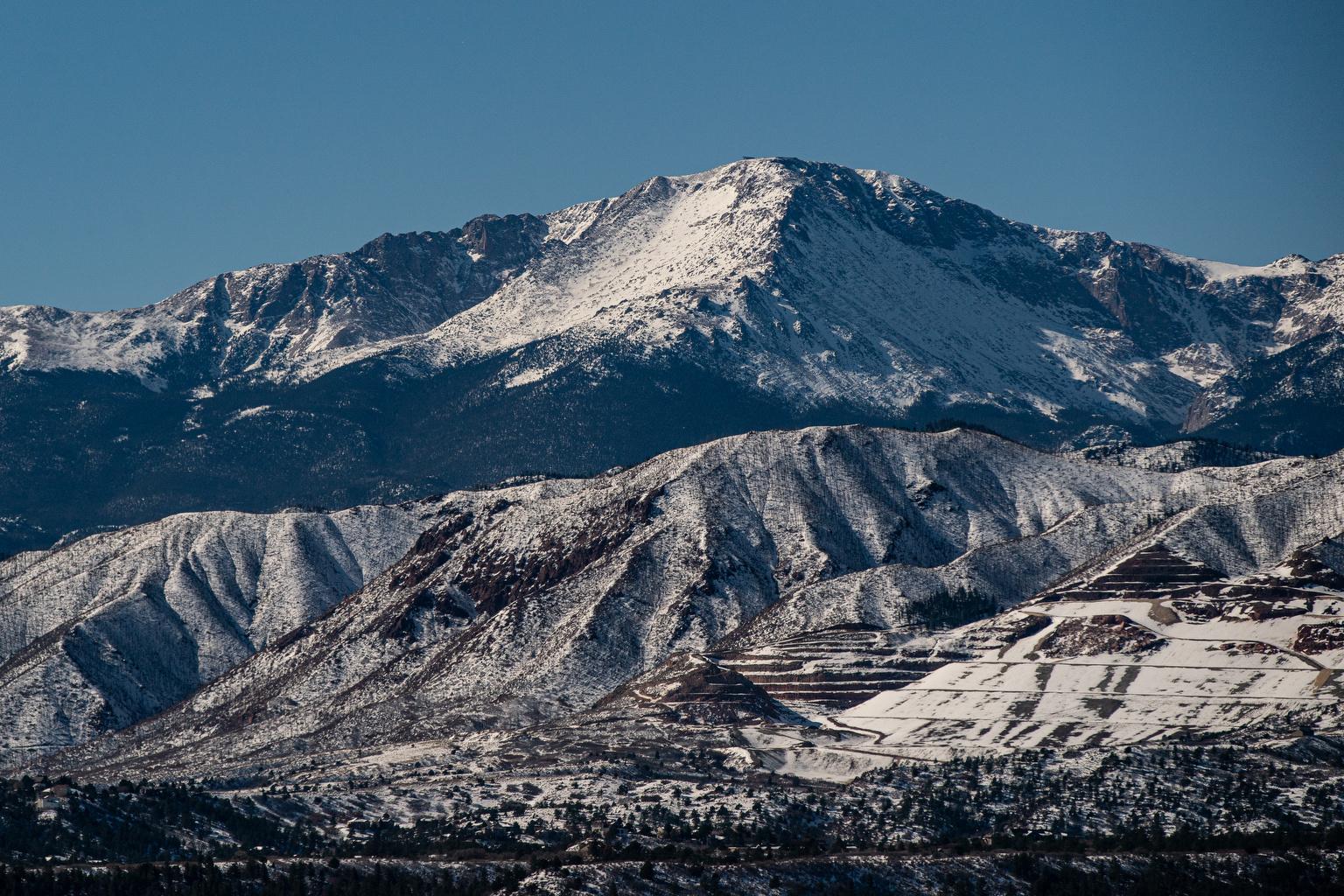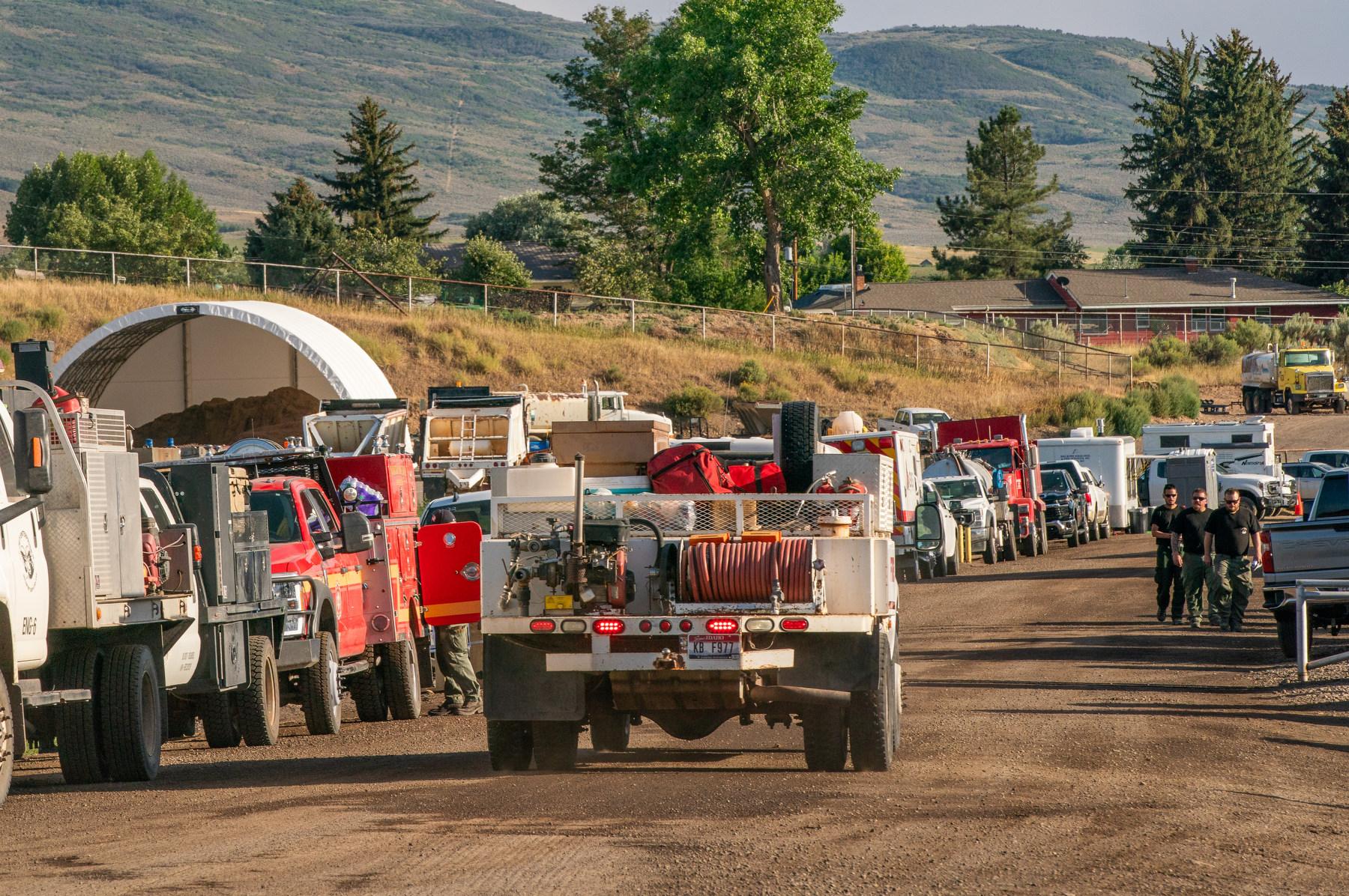
Buoyed by an educated workforce as well as strong tourism, tech and defense sectors, the Pikes Peak Region remains a prosperous regional economy even as cracks appear at the national level.
That was the message at the 29th annual UCCS Economic Forum, held Thursday at the Ent Center for the Arts in Colorado Springs. The popular event draws local businesses and other community leaders for a broad examination of the year’s economic performance.
“The U.S. economy right now is challenging. It is challenging for households, it's challenging for businesses, and, frankly, it's challenging for economists,” said Forum Program Director Bill Craighead during his keynote address.
According to the Budget Lab at Yale University, Americans are paying an average tariff rate higher than at any time since the 1930s. While those tariffs are bringing in billions in federal revenue, Craighead said most businesses and consumers don’t react well to those increased costs. Inflation is ticking up, though modestly, and companies are hiring fewer workers. These and other factors slow the country’s growth over time, according to Craighead.
“There will be some companies and some industries that benefit from tariffs,” he said. “But, they'll be getting a larger slice of a slightly smaller pie.”
Craighead also said the U.S.-born working population has been “growing very, very slowly” in the past five years, and most of the growth in the working population in those years came from foreign-born workers.
“If we are curtailing immigration, we're also going to be curtailing the growth of our working-age population,” Craighead said. Again, he said those changes would be small for the wider U.S. economy and despite these factors, as well as rising credit card and student loan debt, the country’s business climate overall is “still on its feet.”
Meanwhile, the local region has so far been shielded from the shakiness of the broader national economy.
Craighead said median household income and the share of local residents with at least a bachelor’s degree both remain above the national average. While housing costs remain frustratingly high compared to the U.S. as a whole, the Pikes Peak region has lower housing costs than Metro Denver and the Colorado average. What’s more, when adding in goods, services and utility costs, the cost of living for a resident of Colorado Springs is actually slightly less than for the average U.S. citizen.
“Colorado Springs is more expensive than the average American city, but where does a typical American live? Well, a lot of people live in those really expensive coastal metro areas like New York and Los Angeles,” Craighead said. “The typical American is living in a more expensive city than Colorado Springs.”
For some positive outlook on housing, Craighead said the pace of home purchase prices has slowed from the dramatic increases seen during pandemic years. Meanwhile, rental prices have actually dropped by 12 percent from their peak in summer 2022. This has been due to the large number of multi-unit apartment complexes completed in recent years, particularly in the city’s downtown.
While the accelerated increase in regional tourism has slowed, visitation to the city continues to slowly rise. However, city tax collections have flattened, leading to a budget shortfall.









